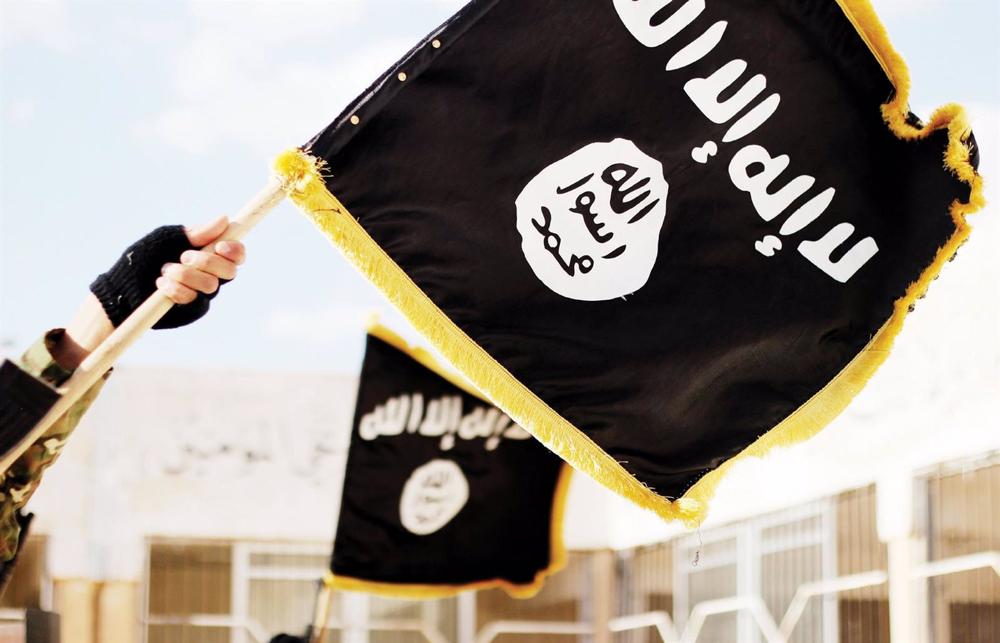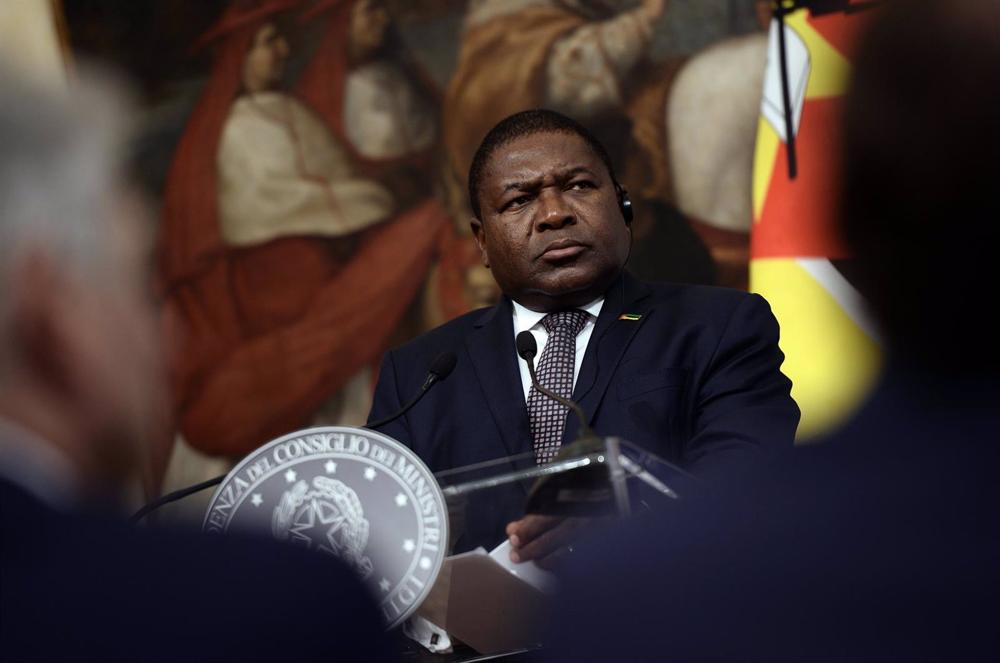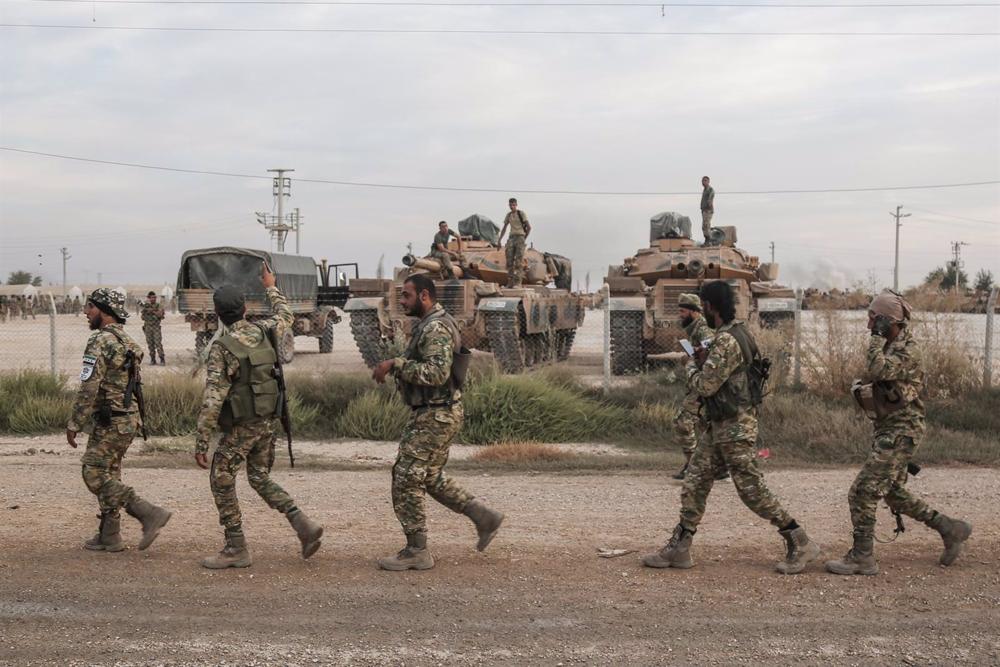
The jihadist group Islamic State has called on all rival armed groups to »repent» and lay down their arms, a message that affects its main extremist rival in the area, the Support Group for Islam and Muslims (JNIM), the official affiliate of Al Qaeda in the Sahel.
The message, broadcast by the group’s propaganda channels, is read by Yusuf Uld Chuaib, a senior Islamic State official in Liptako-Gourma – located in the ‘three borders zone’ between Mali, Niger and Burkina Faso – one of those responsible for the offensive launched by the jihadist group in March 2022 in northeastern Mali.
Local security sources quoted by Radio France Internationale confirmed that the voice on the recording is that of Ould Chuaib, something also verified by Menastream, an organization specialized in security and jihadist issues in the Sahel and North Africa.
Uld Chuaib’s words appeal to members of JNIM and local armed groups that signed the 2015 peace agreement — including those of the Movement for the Salvation of Azawad (MSA) and the Tuareg Imghad and Allies Self-Defense Group (GATIA) — to lay down their arms and join the ranks of the Islamic State.
The message could also be addressed, albeit to a lesser extent, to the military of Mali and regional forces involved in the fight against jihadism in the country.
The Islamic State’s message clashes with the offer recently presented by JNIM leader Iyad ag Ghali, who in meetings held between late 2022 and early 2023 with the signatory groups of the 2015 peace agreement proposed to them a temporary non-aggression pact to fight Islamic State in the Sahel.
Sources quoted by Radio France Internationale stress that the message takes up elements of the message of the beginnings of the ‘caliphate’ of the Islamic State in Syria and Iraq, although it does not specify the conditions that would be imposed on civilians who choose to stay in their territories in case they come under the control of the jihadist group.
Since 2020, the Islamic State and the JNIM have been involved in dozens of clashes in an attempt to take over areas of influence in Mali – and Burkina Faso, to a lesser extent – despite the fact that until then they had maintained a sort of cordial entente, although not full cooperation in carrying out attacks.
For their part, former rebel groups that signed the 2015 peace deal launched a joint operation against Islamic State in February following a spike in attacks by the jihadist group, amid rising insecurity and the possibility that the peace treaty may eventually collapse.
With the 2015 Algiers Agreement signed between the government and the Tuareg separatist groups, the latter became part of the Armed Forces, a ceasefire was sealed and it was proposed to give more powers to the northern part of Mali, as well as the creation of a regional security force and a development plan, threatened by the lack of progress and jihadist attacks.
Source: (EUROPA PRESS)






